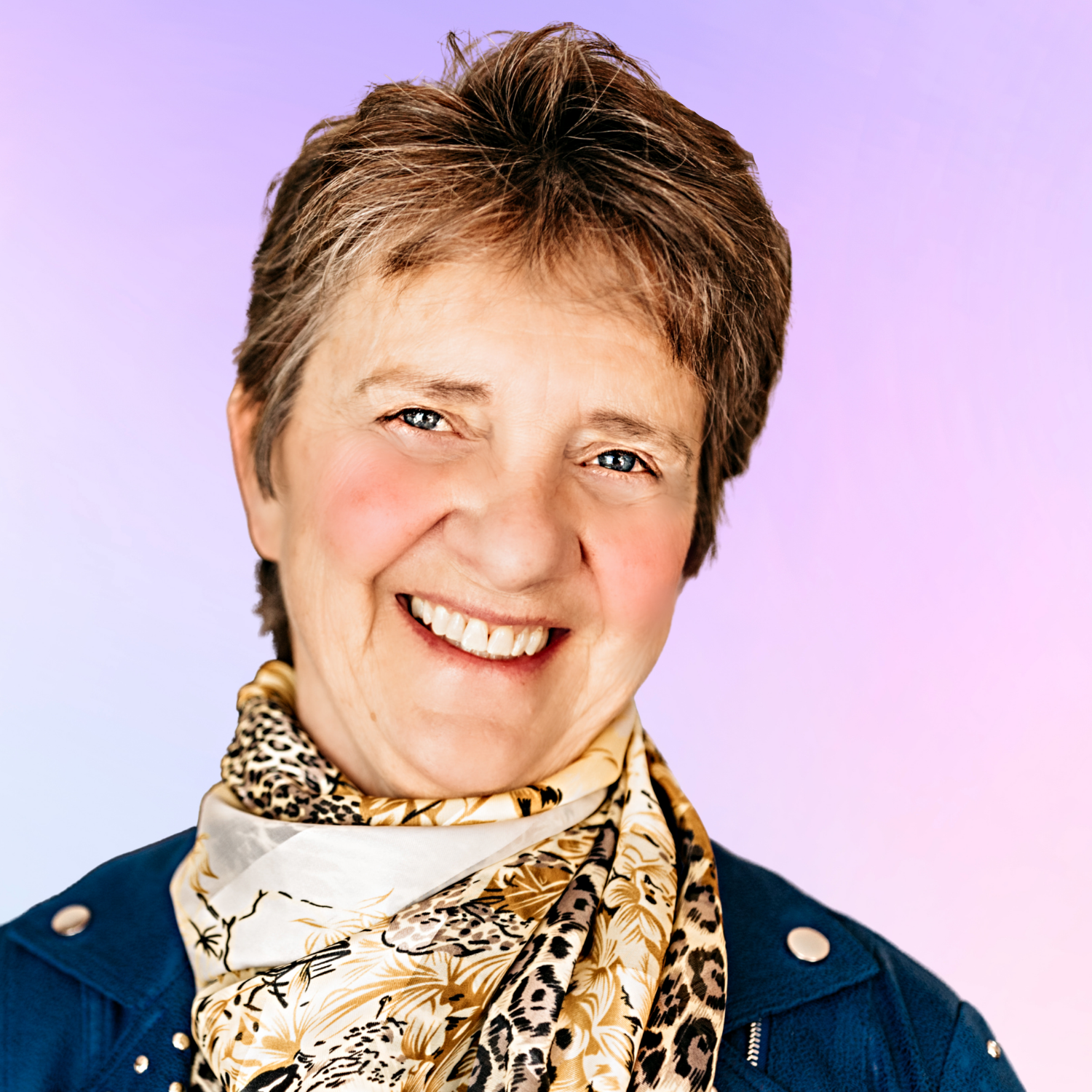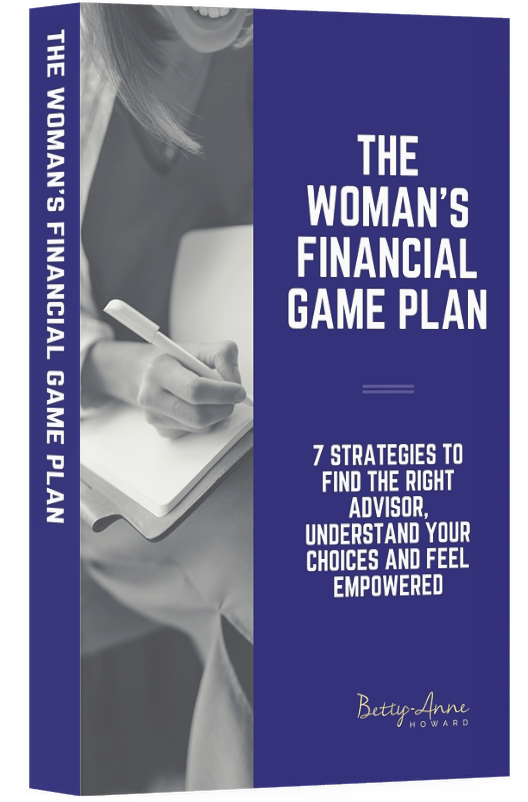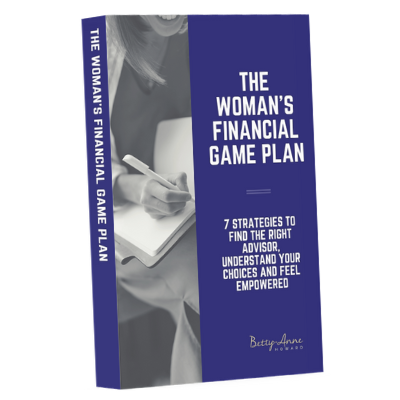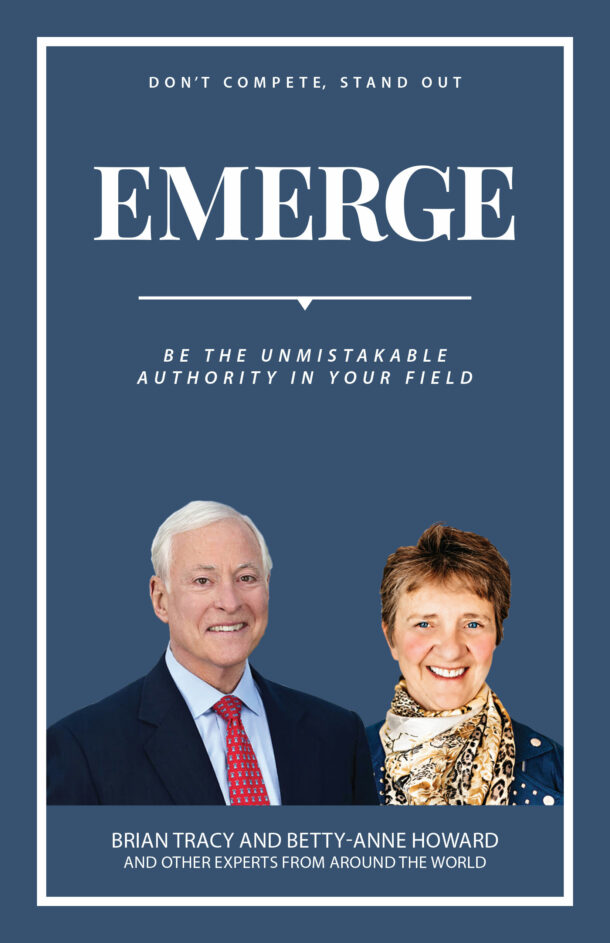
Estate and Legacy Planning are often misunderstood because of the number of rampant myths and misconceptions that obstruct our ability to find our way forward in achieving a tailor-made plan for us.
Too often, when a cookie-cutter approach is used, given how personal this type of planning can be, we feel the meaning behind the money and the plan has been lost.
Today we’re going to take a deeper dive into Estate and Legacy planning in this 2-part blog where we discuss the heart-head-hand relationship, and show you some specific strategies based on our extensive experience helping people just like you.
The Heart-Head-Hand Relationship
Estate and Legacy Planning is what we call a heart-head-hand relationship. In other words, we are inspired and motivated by our hearts in wanting to pass on our wealth to the next generation while also making a difference in the lives of others and our communities. Of course, we also want to pass on our wealth in the most tax-efficient way possible, as this leaves more for and to our favourite charities as well as our families.
The head part is the strategies you can use to fulfill your hearts’ goals and desires. With your hands, symbolically, you take action and ultimately devise a plan that ensures your personal purpose in life is met even when you are no longer on this planet. How you want to be remembered, which is your legacy, is addressed via the strategies you’ve employed and the action steps required for you to take in order to, as we say in our family, “get it done!”
When we begin with your heart, we pose this question – “who and what has made a difference in your life, and how have they made a difference?” In asking this question we hear about both the triumphs and the struggles people have experienced and endured.
With that, we can delve further into “How would you like to honour their influence in your life?” and “What sort of impact would you like to have?” For me, answering these questions included wanting to make a difference in the lives of disadvantaged kids in my community, given I was once one.
Applying Legacy Planning Strategies Beginning With The Heart

Here are some examples of using the Heart-Head-Hand approach to legacy planning strategies when you begin with your heart. I began with my heart when I decided to set up a charitable giving life insurance policy for the Thousand Islands Foundation for the Performing Arts so they can continue offering theatre programs in the schools to young people like me who couldn’t afford them. Two high school teachers of mine did just that for me, and the experience was transformational.
In her book Don’t Leave A Mess: How To Disaster Proof Your Legacy, Sandy Pollack, discusses the extreme importance of our family history stories. Legacy planning using your heart involves understanding the stories behind the values our Grandparents and Parents passed on to us. This book is a great read, and I strongly encourage you to read it, especially if you own a business, even if you don’t, her points are still salient for all of us.
I love that she uses a sense of humour and her life story as a backdrop for her points. This is a very practical, easy-to-understand book that stresses the importance of estate and legacy planning. I am so glad my friend & colleague Erin Meisner recommended it to me recently.
Another great book to read, written by a Financial Planner to help you see how your values can become an integral component in designing a financial plan that addresses legacy planning is Your Money Your Impact: Connect with Your Values and Design a Financial Plan that Leaves a Lasting Legacy. This book was written by my friend and colleague Lynn L. Whetham, CFP, and I encourage you to read this one as well!
Here are some more examples of leading with your heart for your legacy planning strategies. We have had clients whose babies were born with a hole in their hearts and who received incredible support from Ronald MacDonald House on their journey. That meant that Ronald MacDonald House was incorporated into their legacy strategy. Other clients had an adult child who died from suicide and, for this family, supporting easily accessible mental health services for young people is their desire and a way to honour their deceased child.
Other stories include concern about animal cruelty and therefore wanting to support the Humane Society and, for myself, having gone through the cancer journey with my Mother, wanting to see additional cancer support services being offered in my small community and surrounding area, given I grew up in a very small community, the village of Havelock.
Using Your Head For Your Legacy Planning Strategies
From a head point of view, the strategies we use and put in place depend on many different factors. A simple, straightforward strategy for some of the examples I cited above was to put a charitable giving life insurance policy in place whereby the charity owns the policy and is the beneficiary. That way, CRA considers the annual premiums paid as a charitable donation.
Moreover, we get to magnify our gift, which enhances the impact or influence we want with this gift. Some people think…but don’t charities need money now?! Indeed, they do, and therefore, the policies we put in place include cash inside the approach so that the charity can access it before the insurance pays out, i.e., when you die. This, for me, was a key selling feature for these types of life insurance policies.

Another very simple strategy would be to name your favourite charity the beneficiary of your RRSP or, if you are over 71 years of age, your RRIF. We recommend that if you have a spouse, you keep them as the beneficiary as the money transfers to your surviving spouse tax-free.
However, suppose you don’t have a spouse. In that case, this is an excellent way to save money in income taxes at your death and, at the same time, imagine the impact you could have ultimately with this type of gift being redirected to charity vs. ending up having to pay a substantial amount of money in income tax to CRA based on this asset amount being fully taxed as income, at your death.
If you have dependent children under the age of 18 and no surviving spouse, you will need to name a Trustee to manage the money for your children until they reach the age of 18. For some of our clients who are estranged from their spouses, this poses a challenge as they don’t want their ex-spouse to have access to this money.
In a recent situation with a client of ours, we’ve set up a Family Trust so that a large portion of their estate goes into this trust that a Trustee will manage. We’ll be the planners for the adult child and grandchild, given it will be a semi-discretionary trust; more on this later as we get into more detailed estate and legacy planning examples. Keep in mind that you can also consider naming your favourite charity a partial beneficiary of your RRSP/RRIF.
Using Your Will For Good – Will Power!
While estate and legacy planning isn’t just all about your will, wills are a vital component when we are discussing using your heart. After all, wills aren’t just a legal way to distribute your personal assets, they can be a powerful tool for change in the world. And adding a charitable gift to your will is easier than you think.
It’s true that you have more power to make a difference than you realize. By giving even a small portion of your estate to charity, you can make a significant impact on the causes you care about and still support those you love. In short, you can do both.
Have a look here, where you can fill in your numbers on the Will Power Legacy calculator to obtain a clearer picture of the benefits you will have by incorporating a charitable gift into your overall estate plan. Calculate Your Legacy to Support Causes and Loved Ones – Will Power.
Summing It Up
In this Part 1 of our Estate and Legacy Planning journey, I’ve delved into the heart and head of this intricate process, emphasizing the importance of aligning your personal values and desires with strategic planning. I’ve explored how the heart, guided by your deepest passions and connections, can shape your legacy, and how your head can help you formulate strategies to fulfill those heartfelt goals.
But the journey doesn’t end here. Stay tuned for Part 2 of this blog series, where I’ll explore the third element of the legacy planning triad – the hand. In this upcoming installment, I will provide you with specific strategies and processes to take actionable steps toward securing your legacy. You’ll discover how to turn your heartfelt intentions and strategic insights into tangible, impactful plans that will leave a lasting imprint on the world.
In the meantime, I encourage you to reflect on the meaningful stories and experiences that have shaped your life, just as I’ve discussed here. Consider the profound influence of those who’ve made a difference in your journey, and ponder the impact you wish to have on future generations and your community. By starting with your heart and allowing it to guide your legacy planning, you’ll be better prepared to create a lasting impact that resonates with your values and aspirations.
Thank you for joining me in this exploration of Estate and Legacy Planning. I look forward to continuing this journey with you in Part 2.






0 Comments